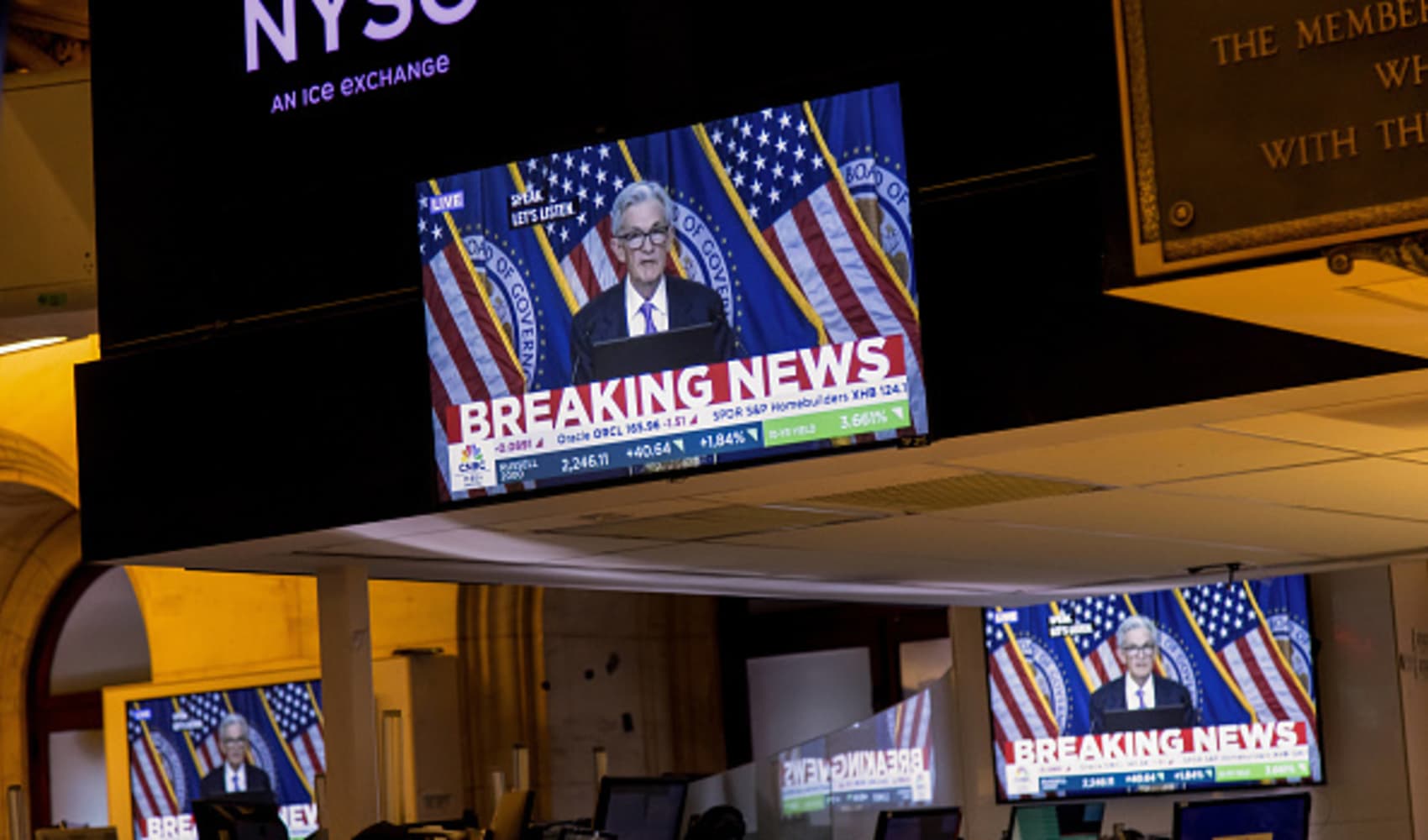
CNBC.com's MacKenzie Sigalos brings you the day's top business news headlines. CNBC wealth editor Robert Frank breaks down how even though Covid-19 cases are rising, New York City might have gotten through the worst of the real estate crisis, as the rental market in Manhattan rebounds. Plus, CNBC's Kate Rooney explains the 2020 crypto craze and bitcoin's latest run past $16,000.
U.S. prepares for worst four months of the pandemic as it stares down the 'darkest' days yet
Ohio has had an "unprecedented spike" in Covid-19 hospital admissions. ICU beds in Tulsa, Oklahoma, are full. North Dakota's hospitals don't have enough doctors and nurses. And hospital administrators in Iowa are warning that they are approaching their limits.
The U.S. is heading for a "dark winter," a "Covid hell," the "darkest days of the pandemic." However you describe it, the next few months of the coronavirus pandemic will be unlike anything the nation has seen yet.
Even as drug manufacturers make progress on a vaccine and treatments, epidemiologists, scientists and public health officials are warning that the United States has yet to see the most difficult days of the outbreak. Those are projected to come over the next three to four months.
Bitcoin breaks above $16,000 for the first time since January 2018
Bitcoin briefly climbed above the $16,000 mark on Thursday, hitting a level not seen since early January 2018.
Money Report
The last time bitcoin breached the $16,000 level was Jan. 8, 2018, according to CoinDesk data. The reason for the move higher on Thursday wasn't immediately clear, though some experts have suggested a link with the outcome of the U.S. presidential election.
"The US Election helped push BTC over the 14K resistance, both sides want more stimulus which is positive for equities which BTC has been correlating closely with throughout the year," Nicholas Pelecanos, head of trading at crypto exchange NEM, told CNBC.
Deutsche Bank proposes a 5% tax for people still working from home after the pandemic
A research team at Deutsche Bank proposed that people pay a 5% tax for the "privilege" of working from home, if they continue to do so after the pandemic, as this could subsidize income lost by lower-earners due to the coronavirus crisis.
Deutsche Bank thematic strategist Luke Templeman said in the investment bank's Konzept research report, published Tuesday, that a tax on remote workers had been needed for years but "Covid has just made it obvious."






